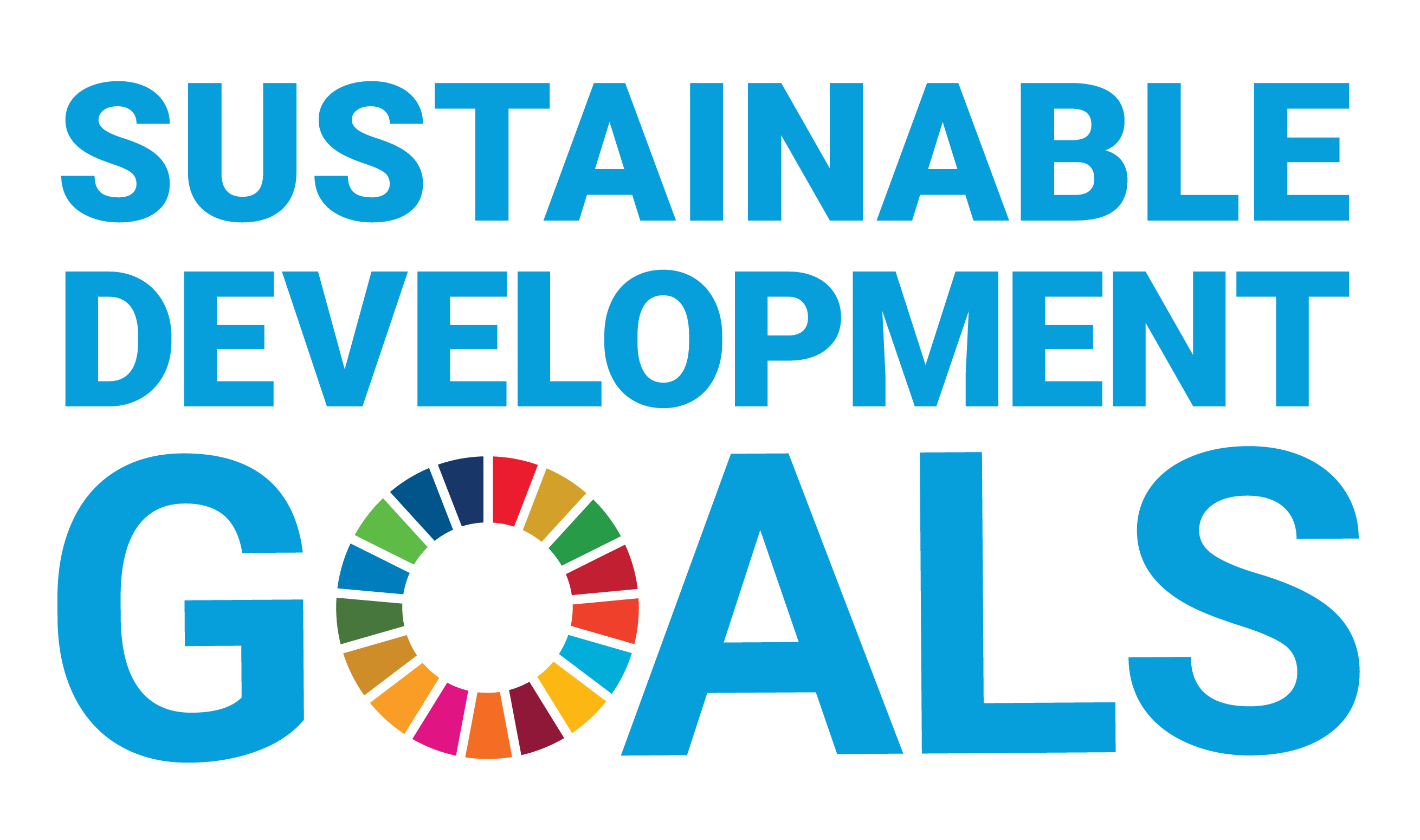Example 2: Health, Social determinants and the SDGs
At one of the physiotherapy programmes in New Zealand, health students from a range of disciplines study together in a shared first semester. One of the four modules/courses they take focuses on health and the environment, and each week of the semester is framed around a different theme. Underpinning the course is an awareness of the link between global and local environmental concerns, indigenous Māori cosmologies, and the call for sustainability. Underpinning each week’s teaching are the UN Sustainable Development Goals, and we are asked as lecturers to identify how our subject links to our commitments to the Treaty of Waitangi (New Zealand’s founding document), and the SDGs. During one of the weeks, the focus is on the social determinants of health, explaining how things like poverty and affluence link to environmental degradation and health, and identifying ways that healthcare professional work can have a direct impact on people’s health and wellbeing. We know, for instance, that poor people often live in polluted, noisy, dangerous areas because they cannot afford the benefits that come with affluence. This has a direct effect on their health and indirectly affects their care because healthcare services may be further away, more expensive, or inflexible. We look at the effects of clean water and sanitation (SDG 6), the health effects of the social gradient (SDG 10), and discuss how we can have a direct impact on social determinants like poverty and access to services.

